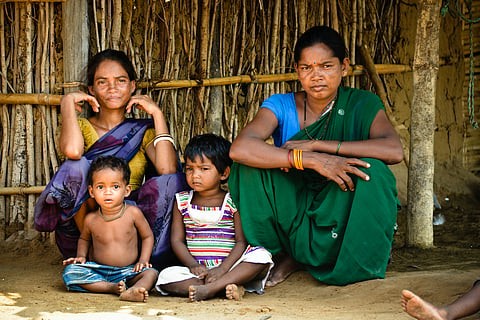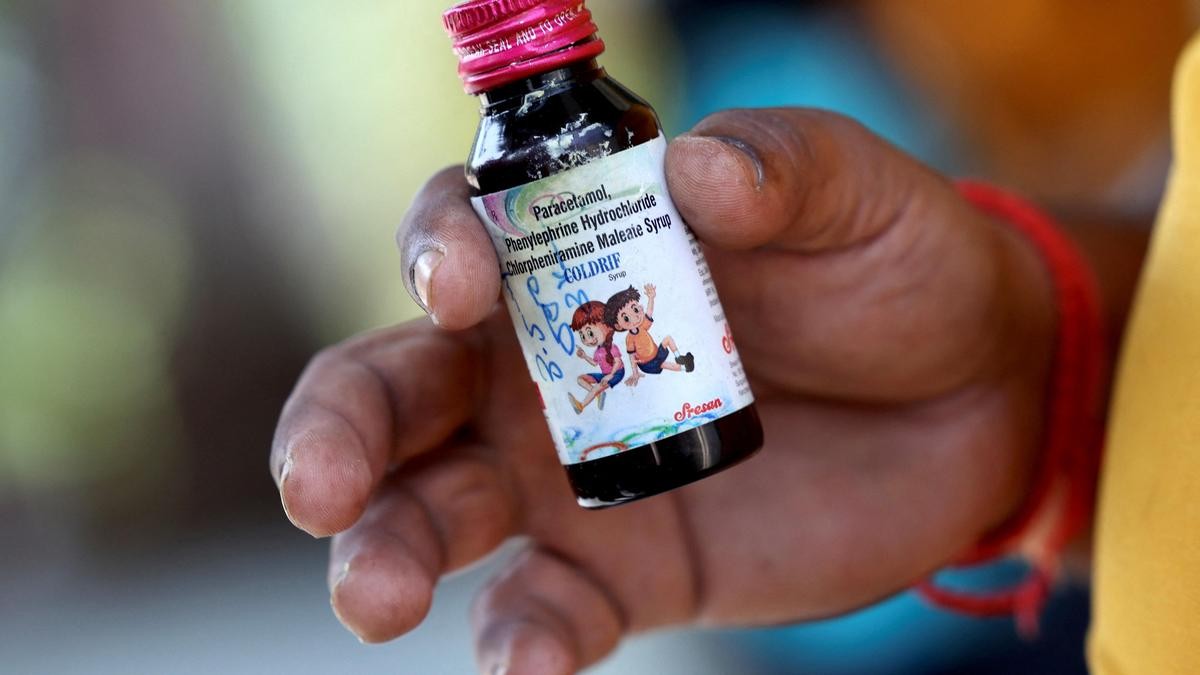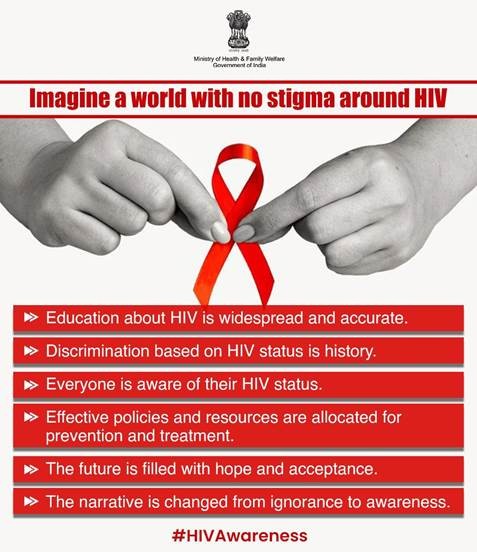Description
Context: Union Health & Family Welfare Minister approved the “National Policy for Rare Diseases 2021”.
- It is a comprehensive policy for prevention and management of rare diseases.
- The field of rare diseases is very complex and heterogeneous and prevention, treatment and management of rare diseases has multiple challenges. They are
- Early diagnosis of rare diseases is a major challenge owing to a variety of factors that include lack of awareness among primary care physicians, lack of adequate screening and diagnostic facilities
- There are also fundamental challenges in the research and development for the majority of rare diseases as relatively little is known about the pathophysiology or the natural history of these diseases particularly in the Indian context.
- Rare diseases are also difficult to research upon as the patients pool is very small and it often results in inadequate clinical experience.
- Availability and accessibility to medicines are also important to reduce morbidity and mortality associated with rare disease.
- The cost of treatment of rare diseases is prohibitively expensive.
- Despite progress in recent years, there is a need to augment effective and safe treatment for rare diseases.
What are Rare disease?
- Lifelong disease or disorder condition with a prevalence of 1 or less, per 1000 population is defined by the World Health Organization (WHO) as a rare disease.
- Yet, a few developed and developing countries have their own definition to suit their requirements.
- Nevertheless it is generally accepted that a disease having fewer than 100 patients per 100,000 population is described as rare disease and fewer than 2 patients per 100,000 is described as ultra rare disease.
- Some examples of rare diseases include hemangiomas, Hirschsprung disease, Gaucher disease etc.
About Rare Diseases Policy:
- The Rare Diseases Policy aims to lower the high cost of treatment for rare diseases with increased focus on indigenous research with the help of a National Consortium to be set up with Department of Health Research, Ministry of Health & Family Welfare as convenor.
- Increased focus of research and development and local production of medicines will lower the cost of treatment for rare diseases.
- The policy also envisage creation of a national hospital based registry of rare diseases so that adequate data is available for definition of rare diseases and for research and development related to rare diseases within the country.
- The Policy also focuses on early screening and prevention through primary and secondary health care infrastructure such as Health and Wellness Centres and District Early Intervention Centres (DEICs) and through counselling for the high-risk parents.
- Screening will also be supported by Nidan Kendras set up by Department of Biotechnology.
- Policy also aims to strengthen tertiary health care facilities for prevention and treatment of rare diseases through designating 8 health facilities as Centre of Excellence and these CoEs will also be provided one-time financial support of up to Rs 5 crores for upgradation of diagnostics facilities.
- A provision for financial support up to Rs. 20 lakhs under the Umbrella Scheme of Rastriya Arogya Nidhi is proposed for treatment, of those rare diseases that require a one-time treatment (diseases listed under Group 1 in the rare disease policy).
- Beneficiaries for such financial assistance would not be limited to BPL families, but the benefit will be extended to about 40% of the population, who are eligible under Pradhan Mantri Jan Arogya Yojana.
- Policy also envisages a crowd funding mechanism in which corporates and individuals will be encouraged to extend financial support through a robust IT platform for treatment of rare diseases.
- Funds so collected will be utilized by Centres of Excellence for treatment of all three categories of rare diseases as first charge and then the balance financial resources could also be used for research.
https://pib.gov.in/PressReleasePage.aspx?PRID=1709369










